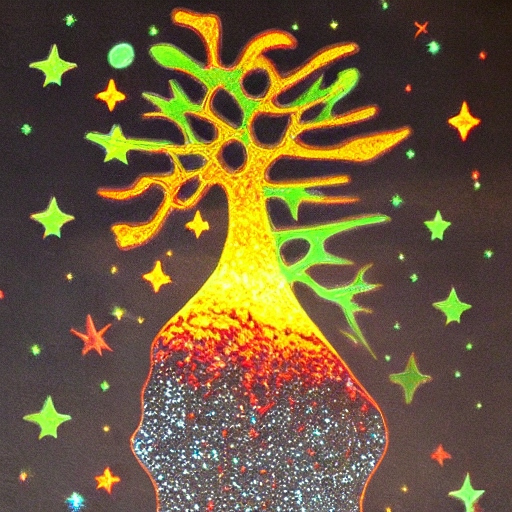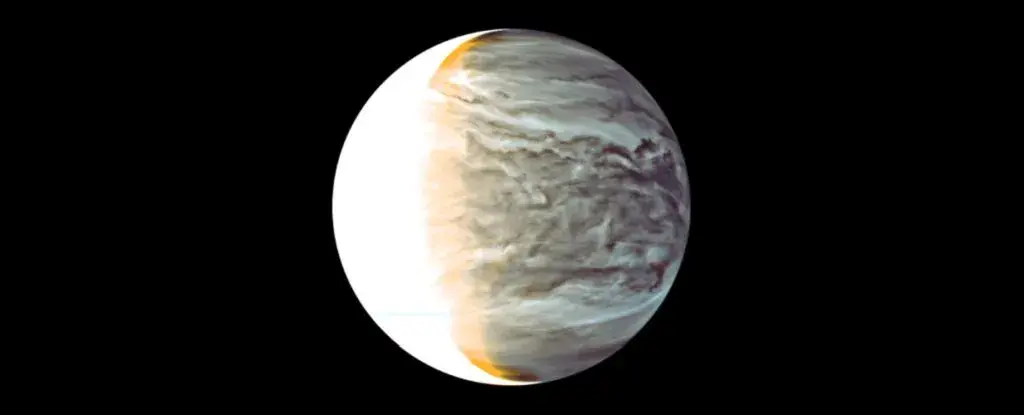TLDR sunlight hits the carbon-dioxide in the atmosphere and splits it into carbon-monoxide and oxygen then on the night side it recombines.
deleted by creator
ALL THESE WORLDS ARE YOURS – EXCEPT EUROPA. ATTEMPT NO LANDING THERE.It’d be incredible if it was some sort of life – even unicellular – but chances are it’s probably just something more mundane.
But I’m hoping for aliens though.
deleted by creator
Inside you are two humans. One wants to befriend every animal. One wants to eat every animal. You are named Terry.
I hope not. I’m scared of the great filter.
Not finding any life anywhere (although hard to take samples outside the solar system) could maybe be even worse. That’d mean that it might be that some stronger version of the Anthropic Principle holds, and it could be that we’re completely alone in the universe because it’s sort of “tuned” to us, although without the intentionality that implies; random shit just happened until an incredible collection of very unlikely coincidences produced us, and just us.
Whether we find simple life out there or not, I’m honestly pretty convinced that what’s going on right now is at least our filter, and possibly the Great Filter. A species’ ability to transform its environment might always outpace its understanding of what the outcomes will be, and getting to this point might possibly also require a competetive species, so it might just be near-inevitable that technologically advanced species kick off something like a “terminal” climate disaster or nuclear war eventually.
Add to that the fact that it’s not at all sure that space colonization is actually doable, at least in a time frame that would allow species to spread to other planets before they screw the pooch with their original one. Not only is space travel ridiculously hard and has a ton of terrible health effects which for us humans include eg. blindness in prolonged zero-G (even a trip to Mars would be enough to badly fuck eyesight), it also takes stupid amount of resources since you have to build spinning habitats for your ships, stations etc to solve at least some of the problems and you’re probably already running out of resources on your home planet. Building a self-sufficient colony on another planet is another thing that many researchers think is likely so hard that it may as well be impossible at least for the next few hundred years, and we probably don’t have that long – whether it’s us triggering some “black swan” event and doing a speedrun to turn Earth to Venus, or climate change just getting bad enough that billions die and in the resulting chaos we pretty much nuke the rest, or whatever. Looks like we’ve been just smart enough to fuck things up, but so far just not smart enough to un-fuck them.
So, if we find no signs of any life and we manage to effectively destroy ourselves somehow, the worst case could be that that might be it for the observable universe’s or even the entire universe’s life. Finding unicellular life would at least mean that it’s possible something else pops up somewhere at some point, but we’d be just as screwed as we would be without that discovery.
I didn’t find the text on the anthropic principle or rather the principle itself very convincing. But nonetheless, I think you might have misunderstood what the article you linked is arguing for. They say that “the idea that physical laws must be the way they are because otherwise we could not be here to measure them is called the anthropic principle”. However, you talked about a universe that is “tuned” to us? Isn’t the anthropic principle actually more likely to cause life in general, not only life on earth? That is, if the conditions are just right to cause us, why wouldn’t this significantly increase the chances of creating life somewhere else?
Anyways, I liked the thought experiment on intelligent species destroying their home before being able to expand into space. I think you might have a point there. However, it also depends very much on the chance of new life emerging. In a gazillion times of life emerging, at least some will make it, even if chances are near impossible. So the question remains, how often does life emerge in our universe?
Regarding your “worst case”, I don’t really take it as a worst case. Why is life better than no life? I mean, let’s make the most of it while we’re here. But I don’t think life itself in itself adds any value to a future universe without humans.
I didn’t find the text on the anthropic principle or rather the principle itself very convincing. But nonetheless, I think you might have misunderstood what the article you linked is arguing for. They say that “the idea that physical laws must be the way they are because otherwise we could not be here to measure them is called the anthropic principle”. However, you talked about a universe that is “tuned” to us? Isn’t the anthropic principle actually more likely to cause life in general, not only life on earth? That is, if the conditions are just right to cause us, why wouldn’t this significantly increase the chances of creating life somewhere else?
Sorry that’s just my terrible wording, I can’t English today so I just used the first word I could reach for and tried to explain that it doesn’t imply any sort of intention. You’re exactly right! But there’s different versions of the principle (usually divided into “weak” and “strong”) and they imply slightly different things, but I think that page doesn’t go that “deep” since it’s more of a general intro. “Stronger” versions of the AP basically… err, can make that “tuning” (again, I’m sorry for using that term I know it’s bad but English hard 😅) stricter or more restricted in a sense so that instead of this universe being like it is “because” of its suitability for carbon-based life which might then sort of pop up anywhere, it might be just us here.
edit: re the “worst case”, I just think it’d be sad if the only life in the whole universe got snuffed out because we do something stupid. Not that I necessarily believe or don’t believe in the AP or the likelihood of us being totally alone here, I’m not qualified to have an actual opinion
Haha, I’m not a native speaker either so I can relate ;)
I read some of the Wikipedia article on AP and well, I still don’t know what to make of it. It either tells me nothing (yeah, the universe is at it is) or it feels like a false deduction (why would the universe have an intention in producing intelligent observers?).
That anthropic principle read just blew my mind. Thanks for sharing. First time I’ve had someone point out those other coincidences, those I’ve taken as given for a long time.
I got to save and re-read that once in a while. Hah
Well, it is always easy to say afterwards that everything added up to this moment. Hadn’t person X said this and wouldn’t have event Y happened at exactly that time, we wouldn’t be talking here. Yeah, but what’s the point? Sure, it is definitely mesmerizing that all albeit chances very near impossible to create this universe, what does this actually tell us? It might be a hint that there are a multitude of universes out there. But there might just be this one. Only by observing that the chances were so slim doesn’t give us any information. The article has a similar reasoning as some religious texts arguing for the existing of a higher order because of how unlikely it was for evolution to create complex life forms etc…
I mean, your criticism here isn’t all that far from many of the common criticisms of AP from scientists, and personally I think those are all very valid points. But at the same time, there’s a lot of good arguments on the AP side too, so it’s a bit of a ¯\_(ツ)_/¯ It’s not like it’s a hypothesis that you can necessarily ever prove or disprove due to its nature, so it does veer more towards philosophy
Heh, you’re welcome. It’s one of those things that can cause either an existential crisis or some sort of “enlightenment”, depending on the day, or at least is for me.
Remember that it’s a pretty controversial hypothesis for, well, probably obvious reasons, but it’s not a tinfoil hat fringe thing either
Just imagine an atmosphere so energized that it strips oxygen out of CO2. Not the coziest place to live…
So you either asphyxiate or get poisoned with carbon monoxide?
Well if you’re high up enough that the absolutely crazy temperature (around 470 °C, 878 °F) and pressure (90 bar so like being 900m / 3000ft underwater) don’t kill you I guess?
I was joking in my other comment. But I remember seeing a study or rendering of the idea you described. Somebody out there is considering it seriously.
Ha yeah I think I’ve read something to that effect. Fun idea at least, but holy shit would living in a floating Venusian city be scary; would you trust systems built by the lowest bidder to keep the city in the air so it doesn’t fall down into the Venusian hellscape? Also, better have great handrails 😄
I believe NASA ultimately had to scrap the idea, but the cloud 9 buoyant cities idea is an old one, tracing back to Bucky Fuller and Earth, and it’s vastly more plausible than trying to make Mars habitable. Or even the Moon! Venus has Earthlike conditions if you exploit buoyancy to settle in the goldilocks area of the atmosphere.
you are a god send









